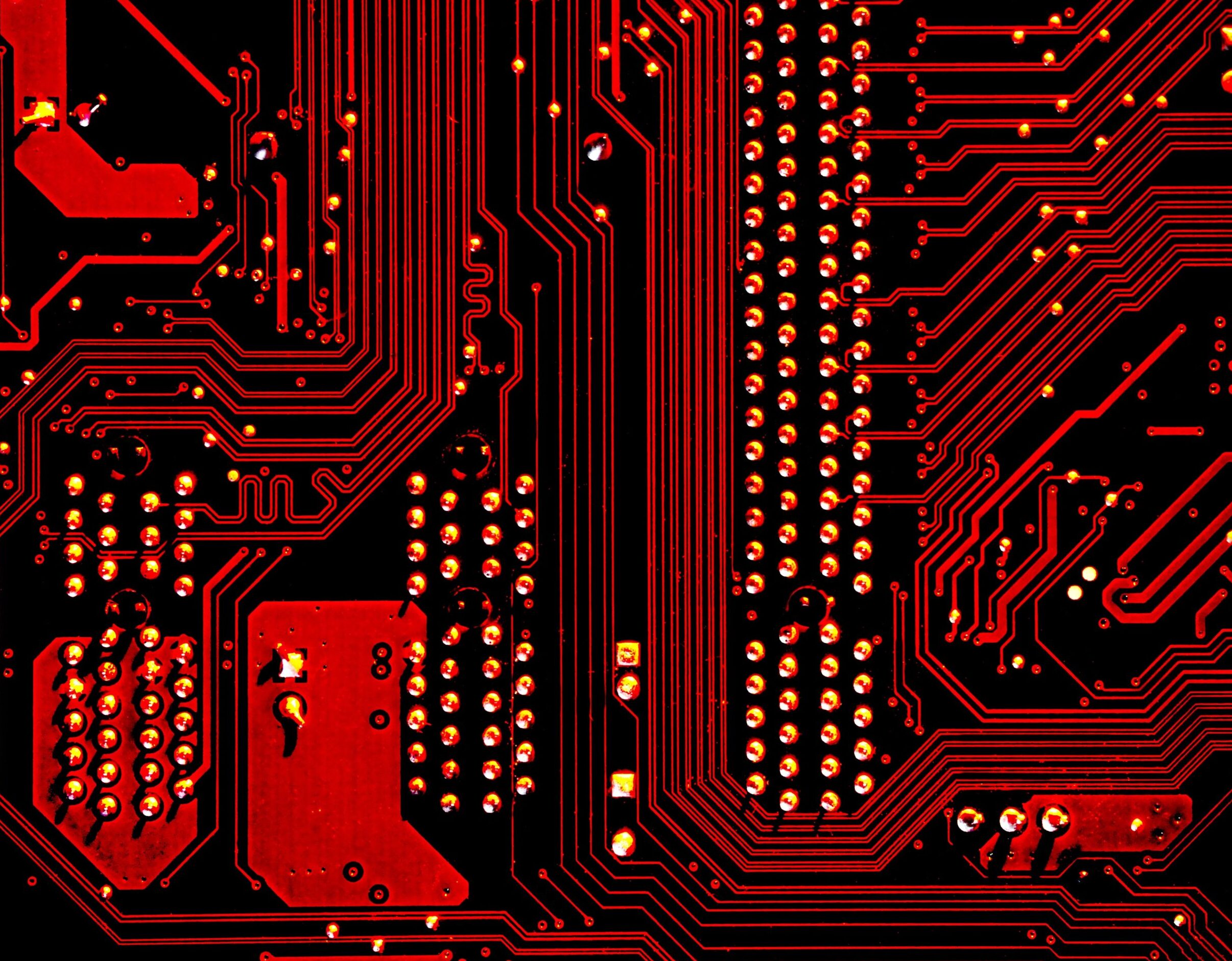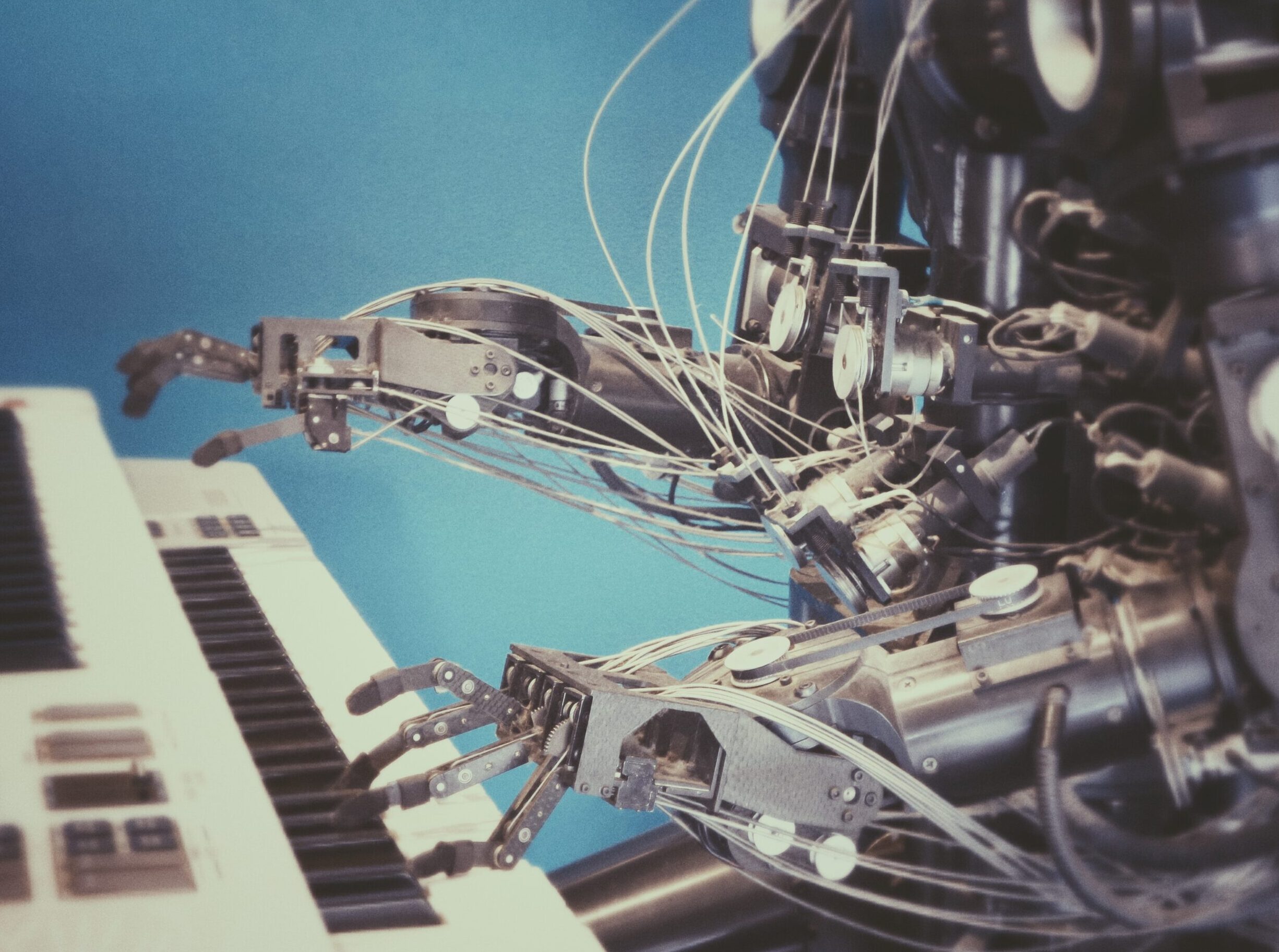Artificial intelligence (AI) has become an integral part of our lives, revolutionizing the way we work, communicate, and even think. From virtual assistants to self-driving cars, AI is shaping the future in ways we could have only imagined a few decades ago. But who exactly is responsible for this incredible transformation? The answer lies with individuals – those brilliant minds who dared to dream big and pushed the boundaries of technological innovation. In this blog post, we will explore how individuals have played a pivotal role in shaping the future of artificial intelligence and discuss both its benefits and risks. So buckle up as we delve into the fascinating world where human ingenuity meets machine intelligence!
What are the different types of artificial intelligence?
Artificial intelligence is not a one-size-fits-all concept. In fact, there are different types of AI that serve different purposes and possess varying levels of complexity. One type is called Narrow AI, also known as Weak AI, which is designed to perform specific tasks within a limited domain. Think of voice assistants like Siri or Alexa – they can answer your questions and carry out basic commands, but their abilities are confined to a narrow range.
On the other end of the spectrum lies General AI, also referred to as Strong or Human-Level AI. This type aims to replicate human intelligence across various domains and possesses the ability to understand, learn, and apply knowledge in diverse situations. While we haven’t quite achieved this level yet, scientists are working towards creating machines that can think and reason like humans.

Another important category is Machine Learning (ML), which falls under the umbrella of AI. ML algorithms enable computers to learn from data without being explicitly programmed. By analyzing patterns and making predictions based on past experiences, these systems continuously improve their performance over time.
We have Deep Learning (DL), a subset of ML that focuses on neural networks with multiple layers capable of processing vast amounts of data simultaneously. DL has been instrumental in breakthroughs such as image recognition technology and language translation software.
These different types highlight the breadth and depth of artificial intelligence applications today – from specialized task-oriented systems to more advanced models aiming for human-like cognition. The possibilities seem limitless as researchers continue pushing boundaries in this exciting field!
How have individuals shaped the future of artificial intelligence?
Individuals have played a crucial role in shaping the future of artificial intelligence (AI). Their contributions and innovations have propelled AI from a mere concept to a powerful technology that is transforming various industries.
One way individuals have influenced the development of AI is through research and advancements in machine learning algorithms. These algorithms form the foundation of AI systems, enabling machines to learn, adapt, and make intelligent decisions. Researchers and scientists have been instrumental in improving these algorithms by developing more efficient techniques like deep learning and reinforcement learning.

Moreover, individuals have also contributed to AI by creating new applications and use cases for this technology. Entrepreneurs and innovators across different fields are harnessing the power of AI to automate tasks, improve efficiency, enhance decision-making processes, and create personalized experiences for users.
In addition to technical advancements, individuals are also responsible for addressing ethical considerations in AI development. They advocate for fairness, transparency, accountability, and privacy protection as fundamental principles that should guide the deployment of AI systems.
Furthermore, individuals play an important role in shaping public perception about AI. By raising awareness about its potential benefits while addressing concerns regarding job displacement or ethical implications, they help foster informed discussions surrounding this transformative technology.
Overall, individuals’ contributions span across various aspects – from technical research to application development to ethics advocacy and public engagement.
Their efforts collectively shape the trajectory of artificial intelligence, driving it forward towards a future where humans coexist harmoniously with smart machines.
By recognizing their influence, we can appreciate how individual actions today will determine our collective tomorrow
What are the benefits of artificial intelligence?
Artificial intelligence (AI) has become an integral part of our daily lives, revolutionizing various industries and enhancing efficiency. The benefits of AI are numerous and far-reaching.
One major advantage of AI is its ability to automate tasks that were previously time-consuming and repetitive. This frees up human workers to focus on more complex and creative endeavors. For example, in customer service, AI-powered chatbots can handle basic queries, allowing human agents to address more challenging issues.
Another benefit of AI is its potential to improve healthcare outcomes. Machine learning algorithms can analyze large amounts of medical data quickly and accurately, aiding in the diagnosis of diseases at an early stage when treatment options are most effective. Additionally, robots equipped with AI technology can assist surgeons during complex procedures, leading to better precision and reduced risks.
In the realm of transportation, self-driving cars powered by AI have the potential to drastically reduce accidents caused by human error. They can also optimize traffic flow and reduce congestion, ultimately saving time for commuters.
Furthermore, AI has great potential in addressing global challenges such as climate change. By analyzing vast amounts of environmental data, it can help identify patterns and trends that humans may overlook. This knowledge can then be used to develop innovative solutions for sustainable development.
Artificial intelligence offers a multitude of benefits across various sectors. However, it’s important for individuals involved in shaping AI’s future to consider ethical implications such as privacy concerns or job displacement. By harnessing the power of this technology responsibly and ethically while adhering to regulatory frameworks where necessary we pave the way towards a brighter future empowered by artificial intelligence!
What are the risks of artificial intelligence?
The risks of artificial intelligence are a topic that has gained increasing attention in recent years. As AI technology continues to advance, there are concerns about its potential negative impact on society and individuals.
One major risk is the displacement of jobs. With the ability to automate tasks, AI has the potential to replace human workers in various industries. This could lead to widespread unemployment and economic instability if not properly managed.
Another concern is privacy and data security. AI systems rely on vast amounts of data to learn and make decisions. However, this raises questions about how personal information is collected, stored, and used by these systems. There is a risk that sensitive data could be exploited or misused without proper safeguards in place.
Ethical considerations also come into play when it comes to AI. There have been instances where biases embedded in algorithms have led to discriminatory outcomes. It’s crucial for developers and policymakers to address these biases and ensure fairness in AI decision-making processes.
Furthermore, there are worries about autonomous weapons powered by AI falling into the wrong hands or malfunctioning with disastrous consequences. The lack of human oversight in decision-making processes can lead to unpredictable behaviors or unintended harm.
While artificial intelligence holds immense promise for improving our lives, it’s vital that we carefully consider and mitigate the associated risks through responsible development and regulation.
How can individuals shape the future of artificial intelligence?
As we’ve explored the various aspects of artificial intelligence, it’s clear that individuals play a crucial role in shaping its future. The advancements and applications of AI are not solely determined by big corporations or governments but also by everyday people who have the power to influence its direction.

So how can individuals shape the future of artificial intelligence? Here are a few ways:
- Education and Awareness: By staying informed about AI developments and understanding its potential impact on society, individuals can actively participate in discussions and debates surrounding ethical considerations, privacy concerns, and biases within AI algorithms. This knowledge empowers individuals to make informed decisions that steer AI development towards positive outcomes.
- Collaboration: Individuals from diverse backgrounds – including experts in technology, ethics, policy-making, psychology – should come together to work collaboratively on creating frameworks for responsible and accountable use of AI. Through interdisciplinary collaboration, they can ensure that AI systems prioritize human well-being while addressing potential risks.
- Ethical Use: Individuals using or developing AI technologies must adhere to ethical guidelines that protect privacy rights, prevent discrimination or bias in decision-making processes, uphold transparency standards, and promote fairness across all aspects of application design.
- Advocacy for Regulation: Individuals can advocate for policies and regulations that govern the development and deployment of AI systems effectively. By engaging with policymakers at local and global levels through public consultations or grassroots movements focused on responsible implementation of new technologies like facial recognition or autonomous vehicles.
- Public Participation: Encouraging public participation is key when shaping the future of artificial intelligence since these technological advancements will have far-reaching consequences affecting everyone’s lives. Participating in public forums allows individuals to voice their concerns directly with those involved in developing policies related to AI governance.
The role played by individual voices cannot be underestimated when it comes to influencing the trajectory of artificial intelligence’s advancement. Collectively working towards ensuring transparent decision-making processes, accountability mechanisms for developers implementing ethical guidelines; educating others about potential risks and benefits of AI; fostering interdisciplinary collaborations – all these efforts contribute
